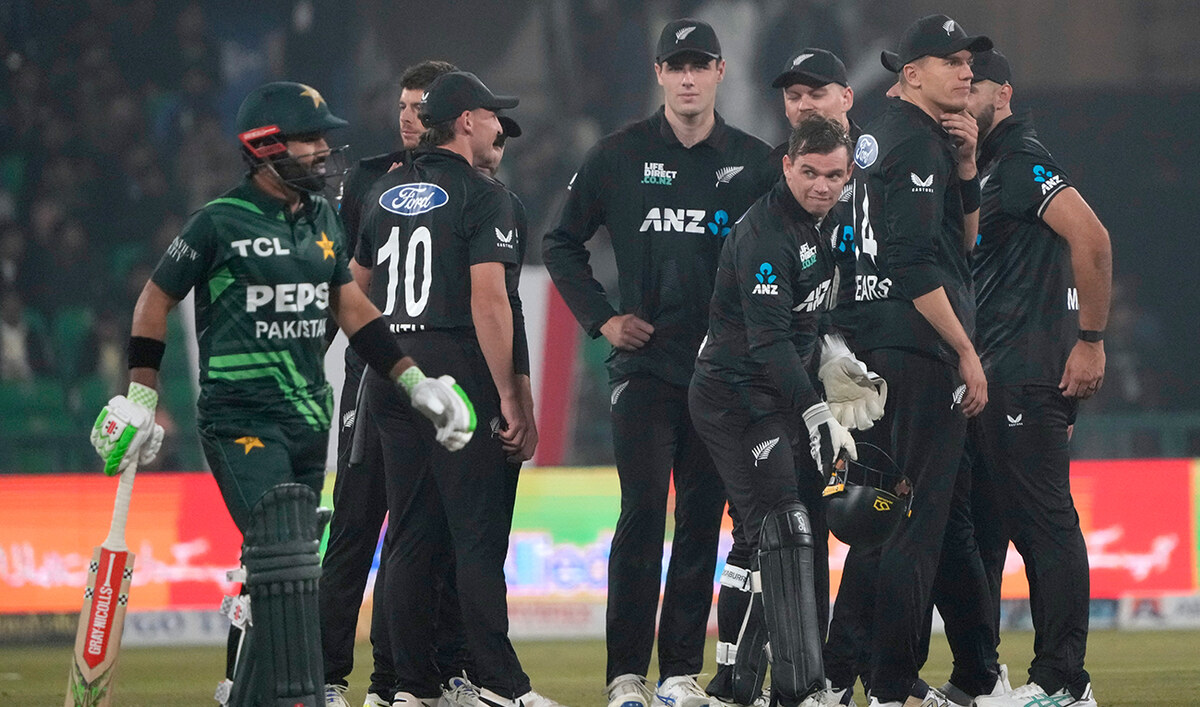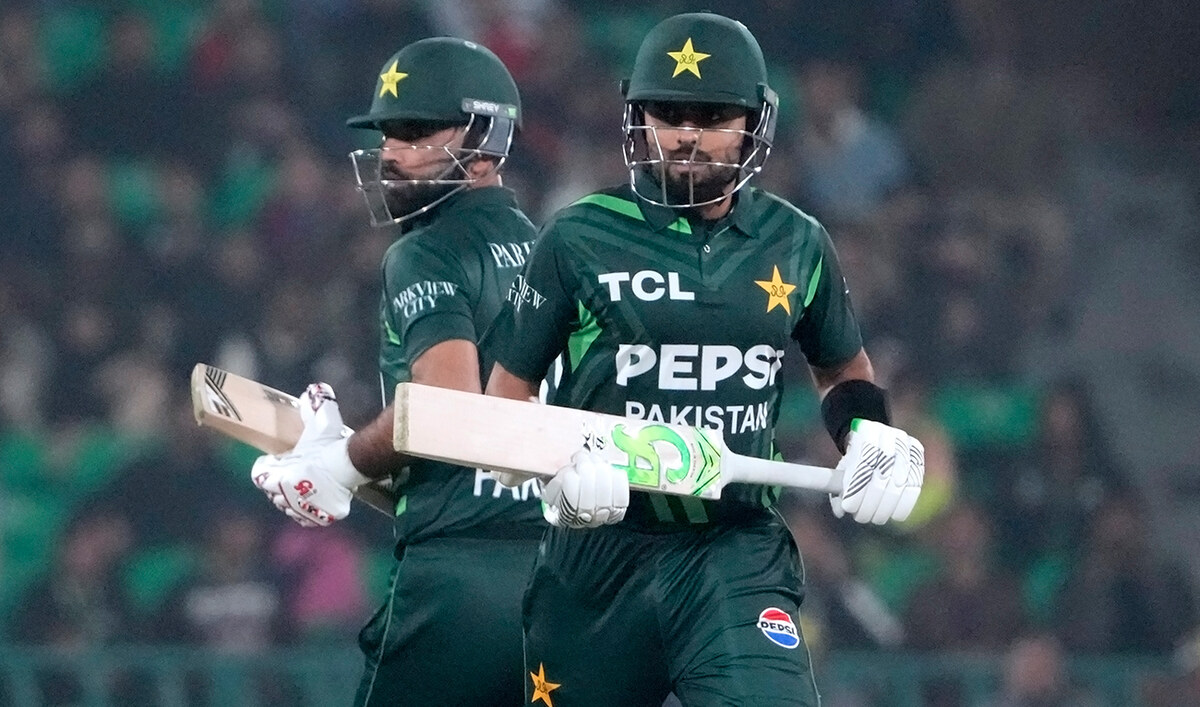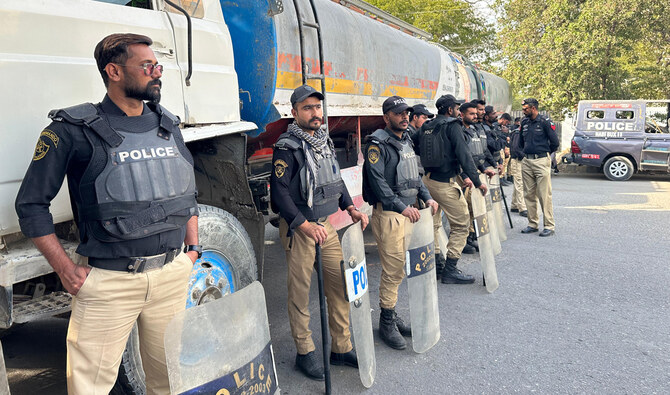Sustainable development and climate action in Saudi Arabia

https://arab.news/g6taj
Saudi Arabia is working towards economic diversification and is increasingly concerned with this development being sustainable. The Kingdom has set out goals for its green transition under the Vision 2030 framework and has begun to deploy a multipronged approach to sustainable development.
There is an equal focus on adopting clean technologies and improving green financing. With an emphasis on continuous development, the Kingdom has also prioritized pertinent issues such as tackling poverty, hunger and climate change and expanding access to healthcare and education.
Climate change is driving this focus towards sustainable development. The Middle East is warming at twice the global average rate, with temperatures projected to rise by 4 C by 2050. This has led to more frequent heatwaves, unpredictable rainfall and shrinking arable land.
This is of concern not only for the future of Saudi society but also its present as the Kingdom is witnessing an unprecedented growth in the number of expatriates and tourists, coupled with unsustainable patterns of water and energy usage.
The Kingdom has committed to a net-zero emissions target by 2060 through the circular carbon economy approach that focuses on reducing, reusing, recycling and removing carbon.
As part of the Saudi Green Initiative, Saudi Arabia aims to reduce carbon emissions by 278 million tonnes annually by 2030 and transition to sourcing 50 percent of its energy from renewables.
Furthermore, there is a strong push to involve the private sector in environmental sustainability projects, particularly in renewable energy, waste management and eco-friendly construction.
Economic diversification has led to rapid urbanization across the Kingdom, including planned smart cities like King Abdullah Economic City and NEOM. In response to the resulting rise in energy demands, Saudi Arabia is accelerating its adoption of renewables.
Electricity consumption in the country rose by 5 percent in 2023, reaching 325 terawatt hours, as demand grew significantly to power air conditioning units, water desalination, non-oil activity and digitalization.
Chief among its renewable choices are solar and wind energy. Saudi Arabia is home to abundant sun exposure, with an average of 8.9 hours per day.
The Kingdom has partnered with regional and international partners, including the UAE, China and France, to develop its domestic solar infrastructure. Notably, the Kingdom’s Public Investment Fund launched three major solar photovoltaic projects worth $3.3 billion in July.
These initiatives include agreements to localize the manufacturing of wind turbines and PV cells.
Balancing industrial growth, oil production, and sustainability will remain a key challenge in the short term.
Zaid M. Belbagi
Meanwhile, the design for NEOM is indicative of the Kingdom’s commitment to sustainable development.
The new smart city will transform the Red Sea coast into an urban environment powered entirely by renewable energy. It features various projects to integrate nature and urban sustainability, including The Line, Oxagon, Trojena and Sindalah.
The Kingdom has also established the NEOM Green Hydrogen Company, a joint venture with ACWA Power and Air Products, to export up to 600 tons of hydrogen per day by 2026.
The Kingdom is also a significant player in green financing in the Middle East. Among the Gulf Cooperation Council states alone, green investments could contribute $2 trillion to economic growth and create a million jobs.
The Saudi Industrial Development Fund offers financial support for renewable energy projects, while the PIF has allocated $10 billion for large-scale green initiatives to be completed by 2026.
The government has introduced incentives for investors, including tax breaks, land leasing, foreign ownership opportunities and carbon credit trading.
Saudi Arabia’s efforts also extend to the global stage, with active participation in international climate forums such as COP, the UN Framework Convention on Climate Change, and the Clean Energy Ministerial.
This underscores Saudi Arabia’s dedication to leading the global transition towards a green economy and achieving its climate action goals.
Popular support in adopting best practices is key to the success of sustainable development. The Kingdom benefits from the presence of a largely young population that is environmentally conscious and in tune with global trends.
PwC’s recent Global Youth Outlook report found that 91 percent of young Saudi respondents were aware of the UN’s Sustainable Development Goals and 76 percent believed that the Saudi government is the leading actor in this transformation, followed by community-level efforts.
They identified the issues of education, water, and sanitation, food security and strong institutions amongst the top priorities for the Kingdom. This high level of awareness is encouraging, as the Saudi youth is at the forefront of domestic transformation in the Kingdom.
Aramco, the Saudi national oil company, has also joined the transition to green energy. In 2022, Aramco launched the Sustainability Fund to allocate $1.5 billion to meet its net zero targets.
Earlier this year, Aramco allocated $4 billion over the next four years to its global venture capital arm Aramco Ventures, which focuses on a range of investments including green technology.
Its Sustainability Fund invests in start-ups that can support Aramco’s ambition to achieve net-zero greenhouse gas emissions across its assets by 2050.
Aramco has also supported King Abdullah University of Science and Technology with $100 million to support research on sustainability over the next 10 years.
Through these initiatives, Saudi Arabia is taking steps towards a sustainable future, addressing both environmental challenges and its economic diversification goals. Yet balancing industrial growth, oil production, and sustainability will remain a key challenge in the short term.
Global oil revenue has been challenged by geopolitical conflicts in Ukraine and the Middle East, as well as the return of the Libyan oil supply crisis. This comes as international demand for oil is wavering amid the rise of non-hydrocarbon energy alternatives.
Any significant shortfall in oil revenue may limit the Kingdom’s ability to finance its green projects. Thus, despite growing interest in renewables, the Kingdom has indicated it will continue prioritizing investment in the hydrocarbons sector for the foreseeable future.
This strategy aims to maintain market share during the anticipated long-term decline in hydrocarbon demand. Now it must establish a harmonious balance between hydrocarbon revenue and investments in renewable energy.
• Zaid M. Belbagi is a political commentator, and an adviser to private clients between London and the Gulf Cooperation Council.































